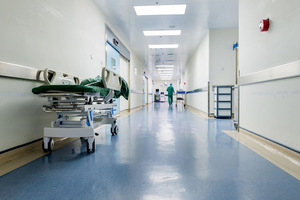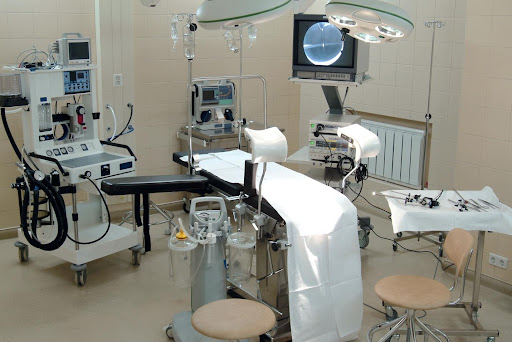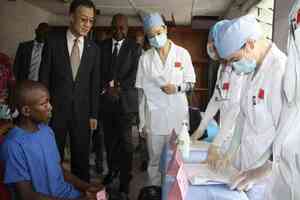Hewatele, a Kenyan medical oxygen producer, has received a $20 million (approximately Sh2.9 billion) funding package from a number of organisations, including the United States International Development Finance Corporation (DFC), Finnfund, the Soros Economic Development Fund (SEDF), the UBS Optimus Foundation and Grand Challenge Canada.
This money will be used to build a modern cryogenic medical liquid oxygen air separation unit plant at Tatu Industrial Park, the first of its kind in East Africa in over 60 years.The facility is expected to open in late Q1 2025 and will meet the growing demand for medical-grade liquid oxygen in healthcare facilities throughout Kenya, Uganda and Northern Tanzania.
David Karimi, Deputy Country Head for Kenya at Rendeavour, the owner and developer of Tatu City, stated that the investment will transform healthcare in Kenya and East Africa.“Hewatele’s investment, backed by the world’s preeminent development finance institutions and foundations, represents a transformation of healthcare in Kenya and across East Africa,” he stated.
The investments show significant potential to enhance access to medicinal oxygen, particularly for maternal and child healthcare. stated Bernard Olayo, founder of Hewatele
“The increased production capacity here at Tatu City will improve oxygen affordability, particularly for maternal and child healthcare and enhance primary healthcare support,” he continued.
According to Kenya’s Ministry of Health, demand for medical oxygen has risen significantly since the COVID pandemic, from 410 to 880 tonnes per month.Because of high production costs and fragmented delivery and storage options, medicinal oxygen is typically eight to ten times more expensive in Sub-Saharan Africa than in Europe and North America.
Hewatele’s facility aims to produce at least 20 tonnes of medical oxygen per day, lowering costs for rural and urban healthcare customers by up to 30%.When administered to pregnant women, oxygen can reduce child mortality from pneumonia by 35%, alleviate foetal distress and save lives.
Johanna Raehalme, Finnfund’s Head of Origination in Africa, said that the rise of the COVID pandemic made everyone around the world aware of the importance of oxygen supply.
“We are happy to add yet another important investment in our healthcare portfolio and see that the increased awareness of oxygen will ensure market demand for Hewatele going forward,” he said.
Georgia Levenson Keohane, CEO of SEDF, emphasised the importance of investing in Hewatele as a way to strengthen Africa’s healthcare system. SEDF sees this investment as critical to generating direct impacts and fostering long-term systemic change.
Maya Ziswiler, CEO of the Optimus Foundation, emphasised the foundation’s early support for Hewatele, citing its clear impact and innovative business model.
Zulfiqar Wali, CEO of Hewatele, expressed gratitude for the opportunity to expand to Tatu City, which will generate jobs and boost the local economy in Kiambu County.

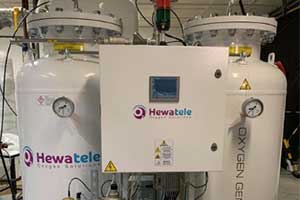
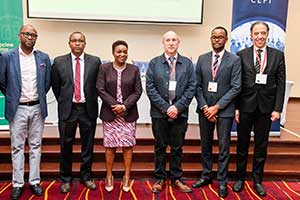

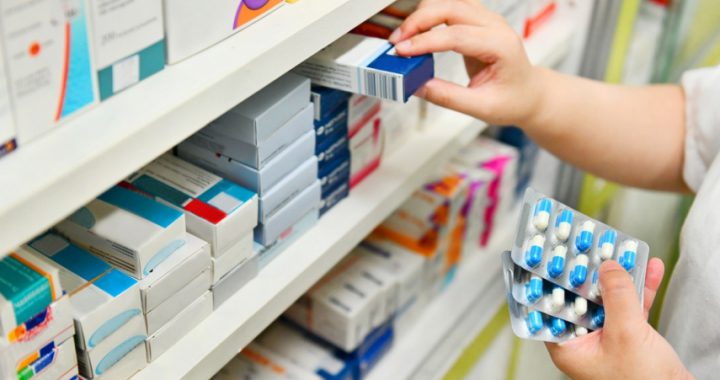
 “The 24th MEDEXPO KENYA 2024” has been announced from the 17 – 19 April 2024. The longest running premier trade exhibition will showcase the widest range of products and equipment for the medical, pharmaceutical and healthcare sector. The trade fair, will be held at the Sarit Expo Center in Nairobi and will attract the interest of decision makers and trade representatives from not just Kenya and the East African Region but the entire African continent.
“The 24th MEDEXPO KENYA 2024” has been announced from the 17 – 19 April 2024. The longest running premier trade exhibition will showcase the widest range of products and equipment for the medical, pharmaceutical and healthcare sector. The trade fair, will be held at the Sarit Expo Center in Nairobi and will attract the interest of decision makers and trade representatives from not just Kenya and the East African Region but the entire African continent.